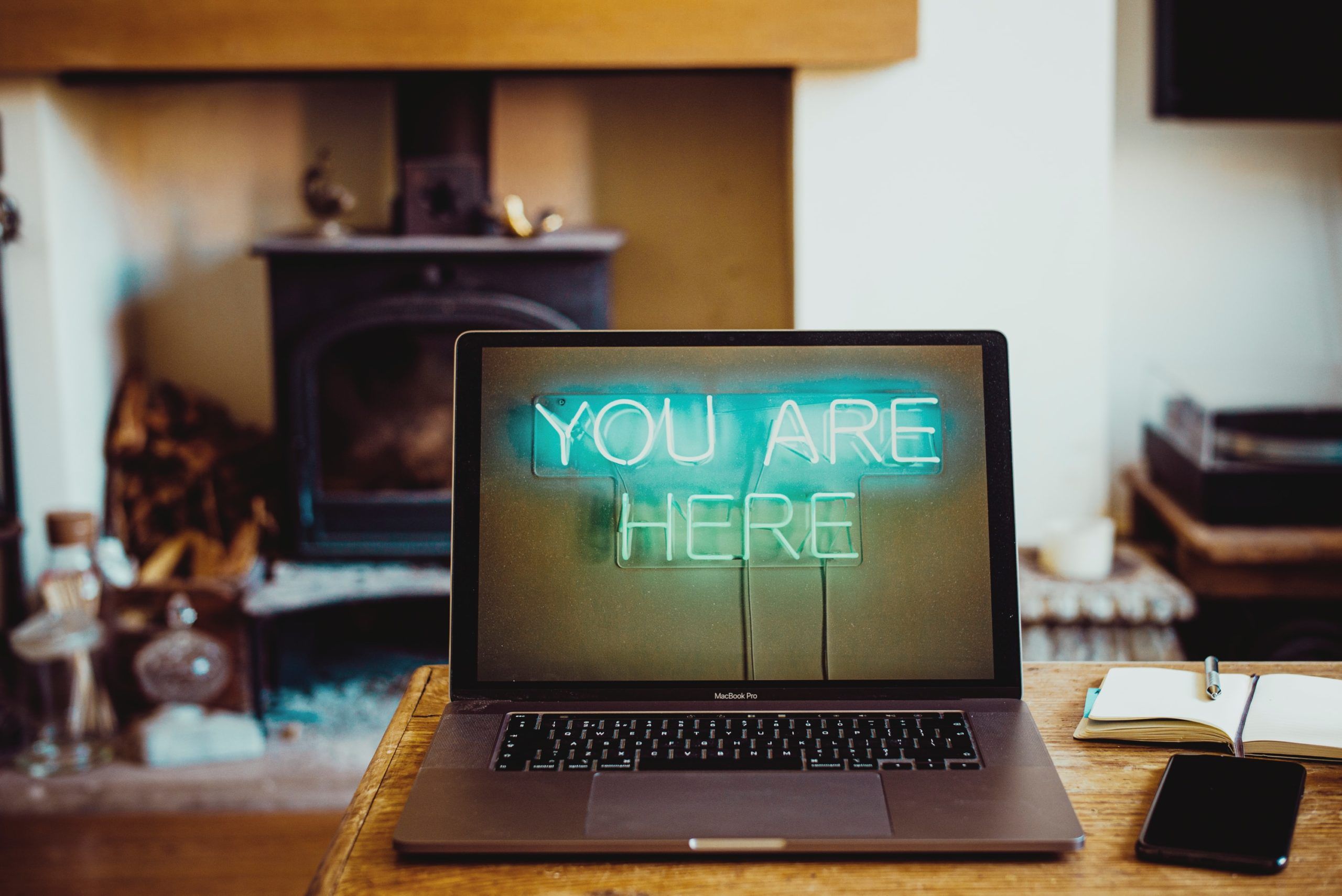Jack Blog
March 16th, 2021
There’s been a lot of talk about return to the office. A lot. And even more articles on the subject. Last March, many of us experienced a huge change when work suddenly went remote. For me, this meant working from home after commuting into the agency for over twenty-five years. We moved locations four times in that span. This time though, the move felt huge. When I look back, I see that it wasn’t. So why are we making such a big deal out of our return? Maybe because we’re thinking about the wrong thing.

What’s important isn’t where you work. It’s where your head is at. Remember when your parents told you to get our head out of the clouds? Ironically, many of us now live in those clouds. Literally. Our devices connect us to another world. And that’s where our heads spend most waking hours. Cal Newport calls this the Hyper Active Hive Mind in his new book A World Without Email, and it’s not all that healthy. But I digress.
A recent New Yorker article cited that when offices moved to open seating plans, face-to-face interactions decreased by 70%. Think about that. The more we became physically close to each other, the less we interacted. Open seating was supposed to be as much about communication and collaboration, as it was about rent. Turns out, it wasn’t.
Over the past 50 years, a few radical things changed how we think about work:
- In the 1950’s GE put their labs in one building to encourage random encounters which in turn might spur innovation. Offices around the world followed suit. Steve Jobs modeled an oval shaped Apple headquarters in Cupertino for this same reason.
- Email changed how we talk to each other, followed by texts and chat.
- Open seating changed floor plans for every company in the world.
- Collaborative software, social media and on-line games rewired our brains.
I remember being worried when my son spent all his time playing League of Legends, and then Fortnite. He and his friends were living in the future, a future that the rest of us joined in earnest last March, and are now all perfectly comfortable working in.
What do all of these have in common? A shift in attention, followed by a shift in how we think and work. Our heads had already left the building when the pandemic hit last March. Our bodies had not. Back then, we dipped in and out of in-person meetings, conferences calls, hallway conversations, often prioritizing face-to-face over on-line interaction.
We’re doing the same now, seamlessly, without being in physical proximity. So, there’s little reason to go back in to the office the same way. What does need to change, once it becomes safe to have people together, is how we think about getting work done in the context getting and keeping each other’s attention.
We simply can’t go back to sitting in an office to check email all day long. We need to make the best of the time that we will choose to be together, whether that’s three days a week, or four hours a day. Face-to-face interactions had been de-prioritized before lock-down, so we’re not missing out on them as much as we think. But they do need to make a meaningful comeback.
When we do again meet in person, let’s do it for the right reasons, not out of old habit.
- Make them meaningful interactions because it feels good to be with people. Let’s do it because being together inspires us to greatness.
- A few really good but shorter personal connections will amount to the same benefit as clocking full-weeks sitting at a desk.
- Shared lunches, in-person performance reviews, face-to face client presentations when possible, brainstorming not because it’s the way to generate ideas, but because it’s the way to inspire possibility.
We crave time together to build teams, which in turn will drive the business.
Absolutely, I want to see everyone at the office again, in person. Last week, I had coffee with a friend and former colleague. We stood outside six feet apart for twenty minutes and had a great conversation. Yes, please. More of that. Cherish the time we spend together. Not waste it alone at our desks.
Let’s take a step back before we move forward. Our heads were already in the cloud, we just didn’t know it.